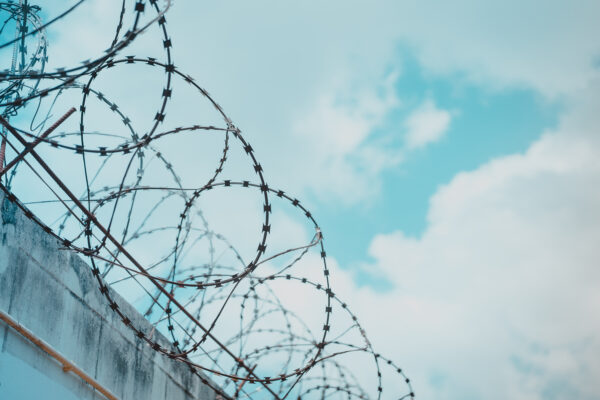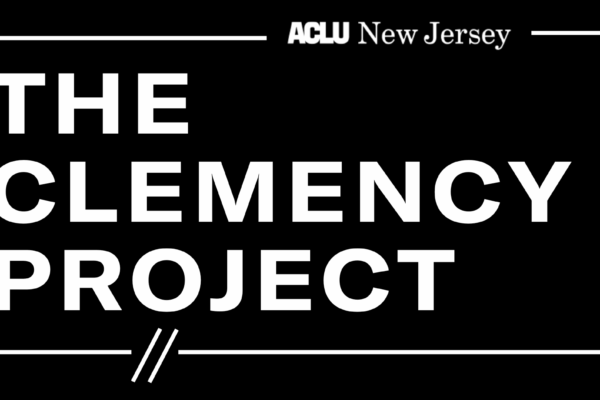Decades of “tough-on-crime" policies based in racism and fear have created a mass incarceration crisis. Even though New Jersey has taken major steps toward decarceration – resulting in a reduction of the state’s incarcerated population by more than 50 percent since 2011 – too many people are still serving sentences that are not commensurate to their crime or culpability.
Unfortunately, this often occurs when a person rejects a plea deal and is sentenced to an excessively long sentence after going to trial.
No one should be punished for exercising their constitutional right to a fair trial. This sentencing discrepancy, known as a trial penalty, is cruel and massively harmful. It’s past time for New Jersey – and our society at large – to begin prioritizing human experience instead of punishing it.
Recently, Governor Murphy announced that he will utilize his clemency powers in a categorical way by the end of his final term. In other words, he will offer groups of people the opportunity to have their case reviewed for a shortened sentence.
Because New Jersey governors historically have underutilized their clemency powers, Governor Murphy’s commitment to taking a categorical approach is an important step forward in mitigating injustice. As he considers categories of people to grant a chance at freedom, it’s imperative that Governor Murphy include those who are serving extreme trial penalties.
People of color are disproportionately affected in sentencing, especially in New Jersey, which has the worst racial disparities in its incarcerated population in the nation. This reality has been fueled by harmful policies founded in racism, fearmongering, and so-called “tough-on-crime" approaches, such as the failed drug war. These are exacerbated by the fact that people of color are often treated more harshly by judges and prosecutors because of implicit biases.
Offering clemency to people facing extreme trial penalties would go a long way toward rectifying these deeply ingrained racial inequities.
First, it’s important to understand extreme trial penalties – and just how immoral they are.
For one, judges often get frustrated when those facing charges decide to exercise their right to a trial – and impose a harsher punishment as a result. According to Martín Sabelli, past president of the National Association of Criminal Defense Lawyers, judges have made statements to the effect, “If you plead before trial, you get mercy; after trial, you get justice.”
Or in some cases, judges impose harsh sentences simply because they are bound by mandatory minimum requirements. They don’t have the leeway to base the penalty on the unique circumstances of the case.
Many proponents of this system claim that people can freely choose whether to go to trial or accept the shorter sentence. But the reality is far more complex.
People might fear – due to rampant injustices at many levels of our court system – that they will not be able to get a fair trial, so they defer to a shorter sentence.
People may often feel pressured to take a plea deal as the offer escalates and time shortens – and they come to realize that the system is stacked against them. They fear the length of incarceration that follows if they were to be found guilty at trial.
Ultimately, it is deeply immoral to impart extremely different sentences solely based on who exercises their constitutional rights. It is inhumane to deprive people of years with their families and communities for opting to go to trial.
Fortunately, clemency – and categorical clemency specifically – provides an opportunity to mitigate these injustices.
Gov. Murphy’s announcement is indeed revolutionary. Leveraging clemency powers is imperative, but our state must do more – like eliminating mandatory minimum sentences – to ensure fairness and justice for all. New Jerseyans deserve a criminal legal system that treats people with humanity and compassion.





